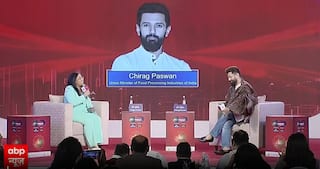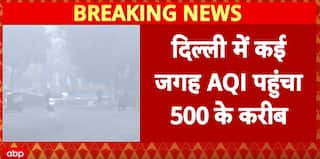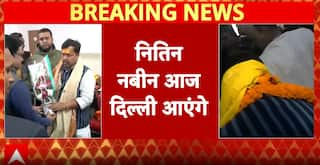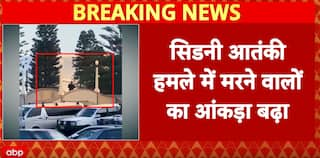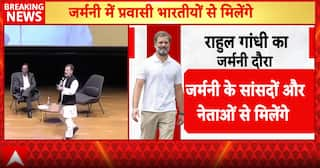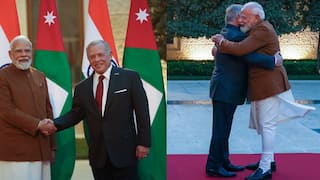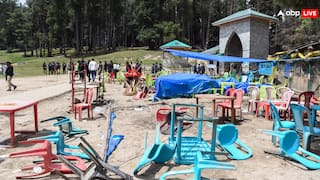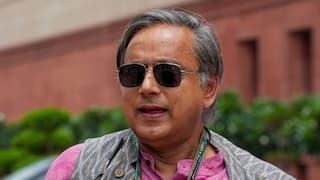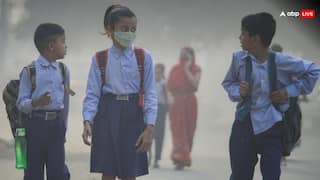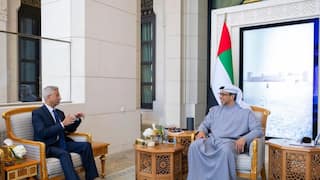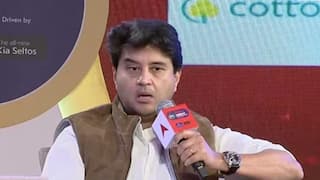Explorer
Year Ender 2016: 5 biggest events of the year that comes to a close

New Delhi: The year coming to a close saw the unraveling of several key events at both the international and domestic levels. A lot of these do have the potential to shape the imminent and not-so-near future. Five events in total at both national and international level have the potential to impact global growth, governance and how things change over the medium to long term. Approval of GST Bill In the biggest tax reform since Independence, the national sales tax or GST Bill was on 3rd August approved by the Rajya Sabha to replace a raft of different state and local taxes with a single unified value added tax system to turn the country into world’s biggest single market. 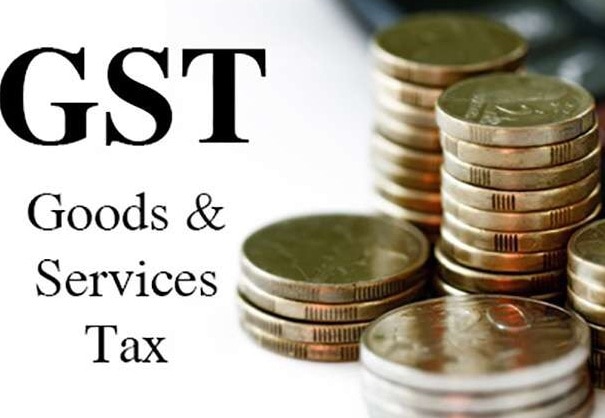
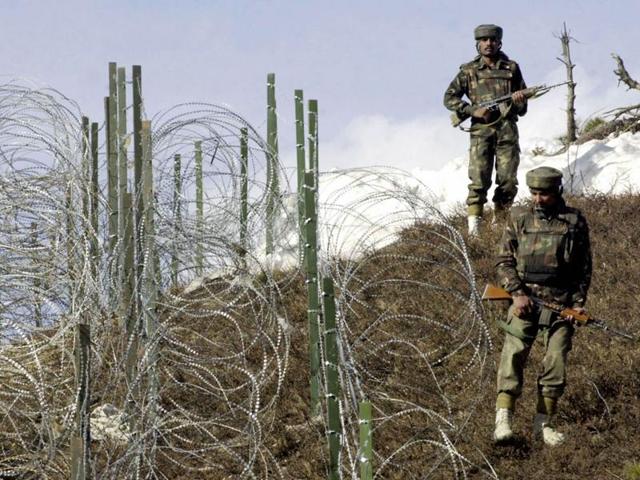 Image for representational purposes only (AFP Photo)
Image for representational purposes only (AFP Photo) 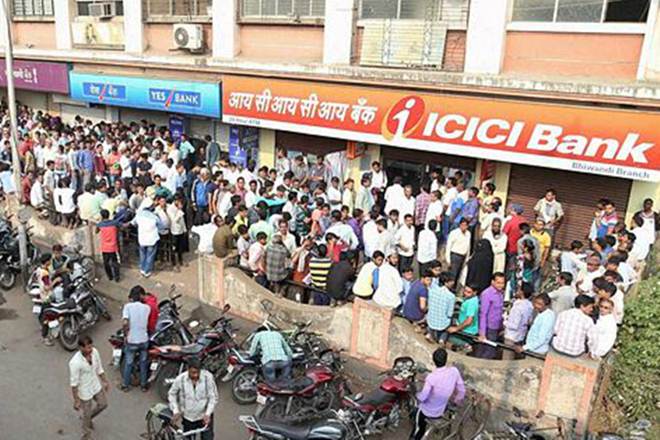 PTI Photo
PTI Photo 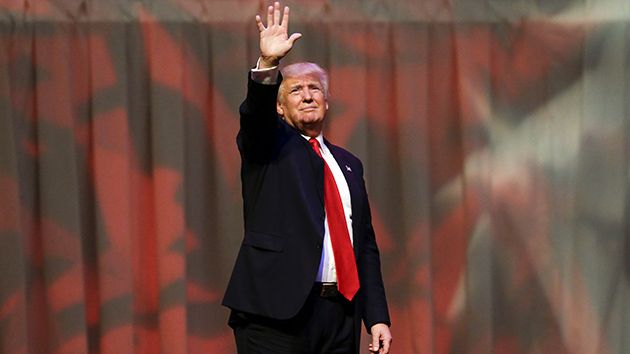 AP Photo
AP Photo 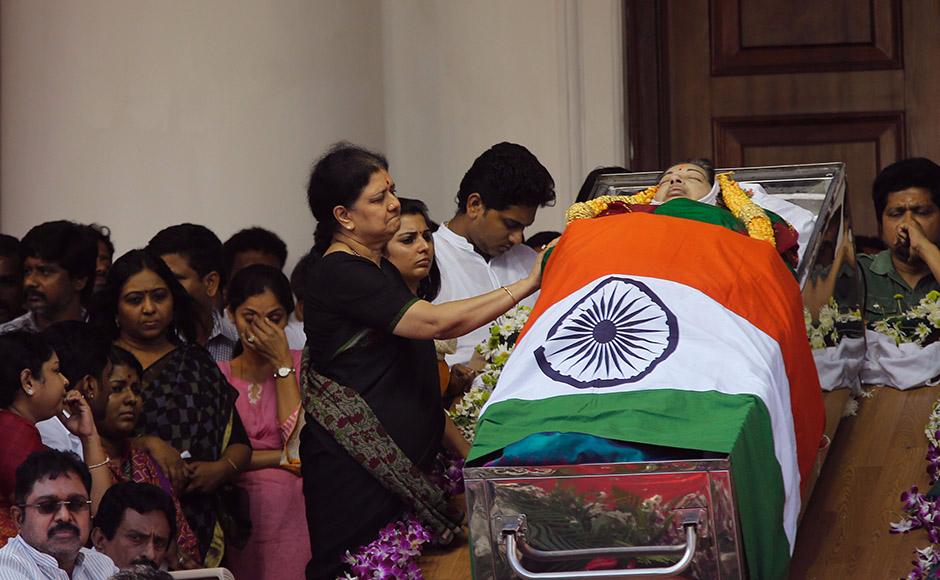 AP Photo
AP Photo

- Goods and Services Tax (GST) is an indirect tax reform which aims to remove tax barriers between states and create a single market.
- Through GST, there will be transparency in the taxes collected. Taxes will be collected only at the time of consumption. Which means that if you buy a pair of trousers which is taxed at 20 percent, then that 20 percent would include taxes levied by both state governmnet and central government.
- Consumers will not have to pay 'tax on tax' on commodities that move across borders as GST removes barriers between states.
- Implementation of GST will lead to increased tax compliance and attract more foreign direct investments across sectors due to tax transparency and ease of doing business.
- GST will be generally positive for consumption-related sectors (like auto, consumer durables and FMCG) and cement, given the potential reduction in tax incidences. For sectors like utilities and pharma, GST implementation will have a 'neutral to negative' impact, while the services sector is likely to see a negative impact from higher tax burdens.
 Image for representational purposes only (AFP Photo)
Image for representational purposes only (AFP Photo) - The strike was carried out on the intervening night of September 28 and 29 in a nearly five-hour-long operation during which heliborne and ground forces were deployed.
- The launch pads in Pakistan-occupied Kashmir (PoK) were in the range of 2 to 3km from the LoC and were under surveillance for over one week.
- Unconfirmed reports said around 40 terrorists were present in the seven launch pads and they may have been killed.
- The announcement of the strikes that came 11 days after the attack by Pakistan-based terror outfit JeM on an Indian army camp in Uri in Kashmir .
- Pakistan, however, dismissed as "fabrication of truth" India's claim that it has conducted a military operation across the LoC to target terrorist launching pads, terming it as a "quest" by India to create media hype by rebranding cross-border fire as surgical strike.
 PTI Photo
PTI Photo - In its ongoing crackdown against black money, the Income Tax Department and the Enforcement Directorate continue to seize whopping amounts of cash from different parts pf the country. Up until now, black money of over Rs 710 crore has been seized by the police.
- The scarcity of cash due to demonetisation led to chaos, and most people holding old banknotes faced difficulties exchanging them due to endless lines outside banks and ATMs across India, which became a daily routine for millions of people waiting to deposit or exchange the Rs 500 and Rs 1000 banknotes after 8 November. Several people were reported to have died from standing in queues for hours.
- India's annual retail inflation declined in November to its lowest level in the last 24 months, official data showed. The prices of milk and milk-based products surged by 4.57 per cent. Other protein-based food items such as meat and fish became dearer by 5.83 per cent.
- Eggs became expensive by 8.55 per cent and the cost of spices rose by 6.48 per cent. Edible oils and fats prices increased by 2.70 per cent, whereas those for sugar and confectionery edged up by 22.40 per cent on a YoY basis. The cost of cereals and its products appreciated by 4.86 per cent, however, prices of fruits were up by 4.60 per cent.
- Since the demoentisation announcement, over 80 percent of the currency in circulation has already been taken back into the banking system and the government is now focusing on printing more Rs 500 notes which is expected to ease the situation and end the cash crunch by the end of February.
 AP Photo
AP Photo - Trump has had very strong views on Immigration. Trump was quoted as saying that he would want to scrap H-1B visas. The removal of this visa will have a disastrous effect on the Indian software companies who send some of their staff to work on-site with their clients in the U.S. through the H-1B visas.
- Trump’s vision of a Great America is very outdated and conservative. Trump sincerely believes that the world is robbing the Americans of their jobs and thus, wants to close its doors to trade.
- Trump promised to lower taxes and increase military expenditure for which he will use government money that may lead to a debt burden and a falling dollar. And a recession in US, would obviously adversely affect investment and growth across the world, including India.
- Trump is really suspicious of the country.“India is the check to Pakistan,” he once said in an interview, reportedly.This distrust for Pakistan can work in India’s and the world’s favour.
- Though Trump has been very vocal about fighting terror, he doesn’t seem to understand India’s concerns much. In fact, it is feared that his soft approach towards Russia may force him to reconsider US policy towards China and that can have serious consequences for India.
 AP Photo
AP Photo - In five stints as Chief Minister, she was always adamant that the State receive its fair share of Cauvery waters from the upper riparian State of Karnataka, and addressed her last letter to Prime Minister Modi on this subject.
- She stood her ground on issues she believed in, and opposed the Goods and Services Tax (GST) on grounds that it would affect Tamil Nadu adversely. Jayalalithaa dealt with the Liberation Tigers of Tamil Eelam (LTTE) with a firm hand and ensured that its cadres left the State.
- She provided free rice, laptops to students, milch cows and goats, mixer-grinder, and gold for 'thali' (mangal sutra).
- Jayalalithaa further consolidated her welfare icon image with her Amma brand subsidy-oriented schemes like Amma Canteen, Amma Mineral Water, Amma cement and Amma salt.
- During the 2016 elections, Amma also provided free 100 units of power for domestic users, free mobile phones and 50 per cent subsidy for women to buy two-wheelers.
Follow Breaking News on ABP Live for more latest stories and trending topics. Watch breaking news and top headlines online on ABP News LIVE TV
Read more










